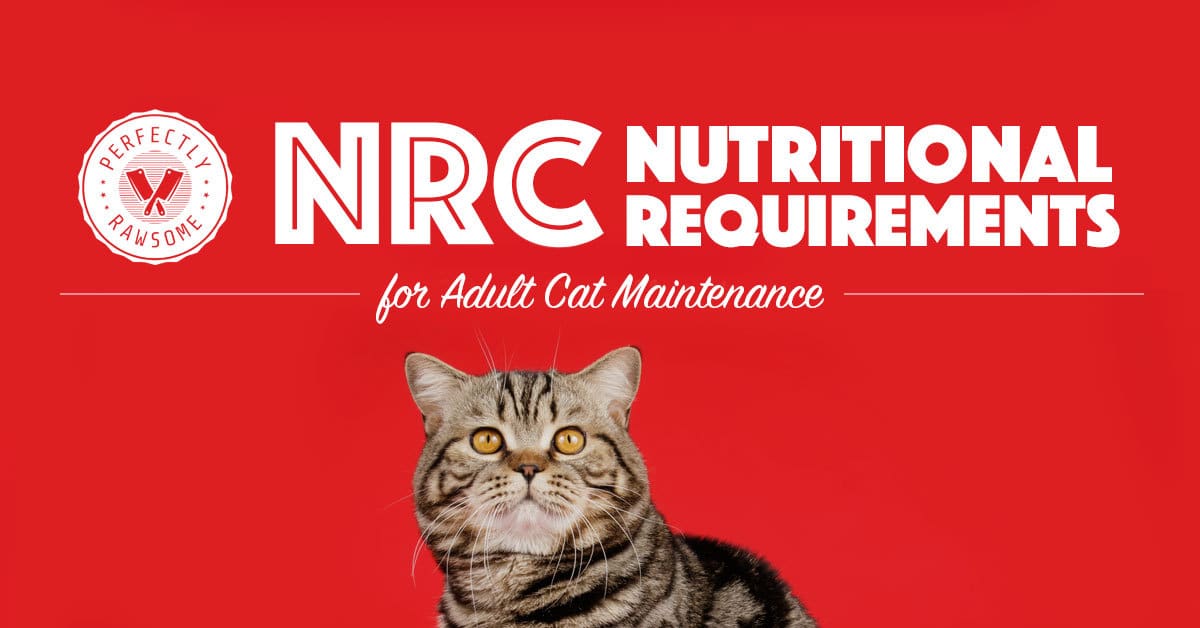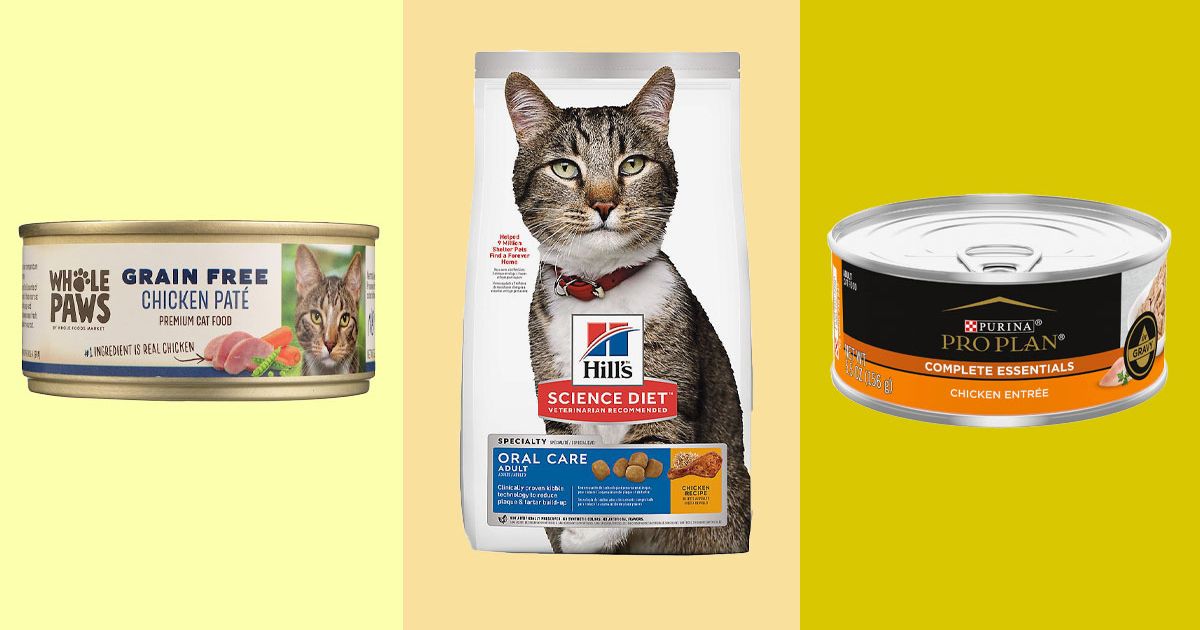
Cats Need Animal -Based Protein
Water is the most important nutrient. While food may help meet some of your pet's water needs, pets need to have fresh clean water available to them at all times. A deficiency of water can cause serious illness or even death. Proteins are the basic building blocks for cells, tissues, organs, enzymes, hormones and antibodies, and are essential for growth, maintenance, reproduction and repair. Proteins can be obtained from a number of sources. Animal-based proteins have complete amino acid profiles. (please note: do not give your pet raw eggs. ) protein is also found in vegetables, cereals and soy, but these are considered incomplete proteins. From the foregoing discussion of the nutritional requirements and some of the metabolic anomalies of the cat, it is clear that the cat is adapted to eating a carnivorous diet. It may, however, have less capability than omnivores and herbivores to adapt to wide ranges in dietary composition. For example, the lack of ability to synthesize sufficient vitamin a from carotene, ornithine from glutamic acid, arachidonate from linoleate, and taurine from cysteine results from a complete deletion or severe limitation of the enzyme or pathway that makes each nutrient. Other nutrient requirements, such as
read more →
Cornell Feline Health Center
By jonathan bender it may not always feel like it, but your cat heavily relies on you. They mirror your emotional energy, they feel secure in your presence, and, of course, they need you to feed them. Choosing from the hundreds of cat food options on the market today, including wet versus dry , raw versus cooked and store-bought versus subscription or locally sourced, can be overwhelming — and that's especially true when considering that not every option is nutritionally balanced. According to bruce kornreich, dvm, phd, dacvim and director of the cornell feline health center , cats have very specific dietary needs – namely, that they must have a meat-based diet to survive. The feline nutrition center (fnc) (previously feline nutrition awareness effort, fnae. Org) was founded to educate pet caretakers about the unequivocal science backing a high-protein, moderate-fat, low-carbohydrate, grain-free canned or raw food species-appropriate diet for our carnivorous domestic cats. Evidence that a wet, high-meat-protein diet plays a critical role in the overall well-being and health of obligate carnivores, such as cats (both big and small), is now coming to the forefront of veterinary science and into our kitchens. Many feline diseases such as diabetes, obesity, urinary
read more →
Koha Wet Cat Food
Tiki cat wet foods offer 95% average protein, higher than many big name brands. Common questions: does your cat prefer the crunchy texture of dry food? all in all, dry food may be the best cat food for your feline. Does your cat enjoy the texture of semi-moist and moist food? by and large, offer your cat semi-moist and wet food. After all, this provides hydration. Does your cat prefer smellier food? all things considered, warm wet food or dry food with a little water in the microwave. To be sure, the smellier the food, the more interested your cat will be in ultimately eating their meal. What is your cat’s dental hygiene? if your cat’s teeth or gums are sensitive, in fact, you may find that wet food is more agreeable for your cat. Best for indoor cats Our cat formulas have been designed to meet the nutritional needs of indoor and outdoor cats and kittens through all life stages with special attention to energy levels, weight management, and healthy skin and coat. Grain free and grain inclusive formula options offers high-quality proteins from varying meat sources formulas to address specific needs formulas for indoor and outdoor cats of all life
read more →